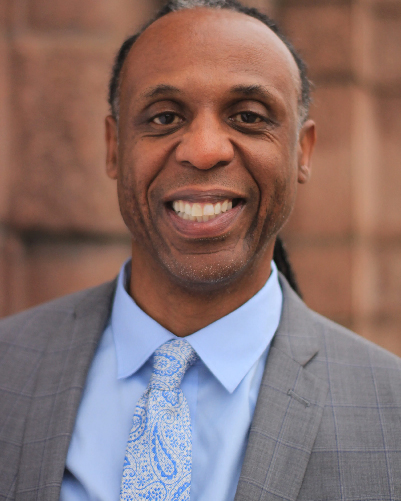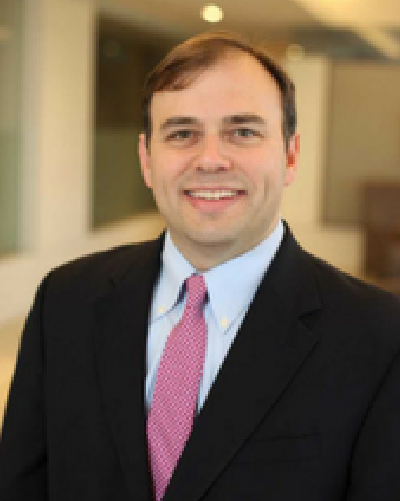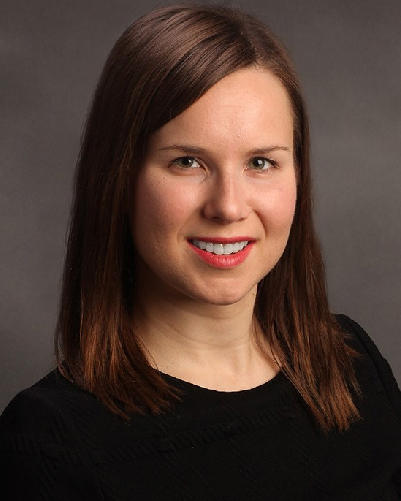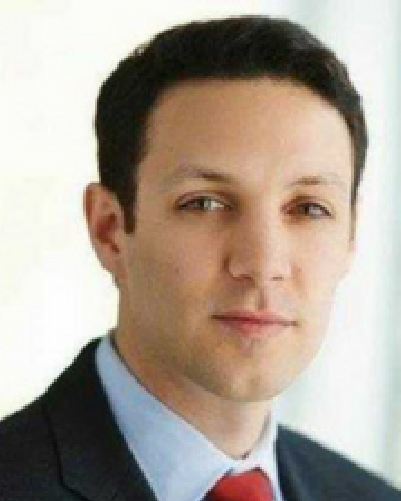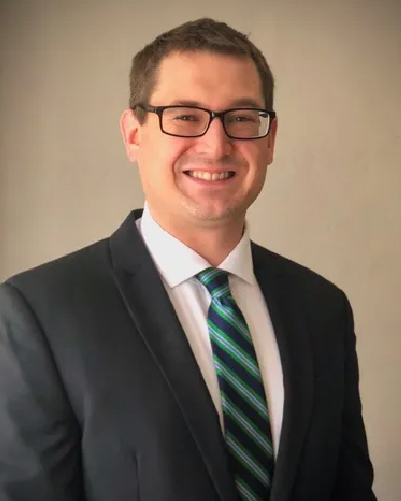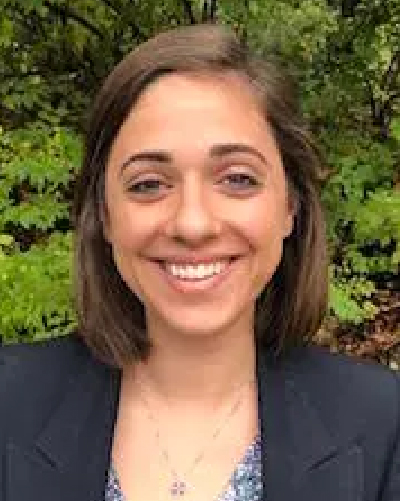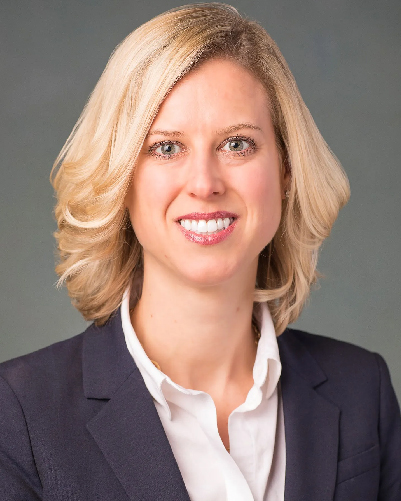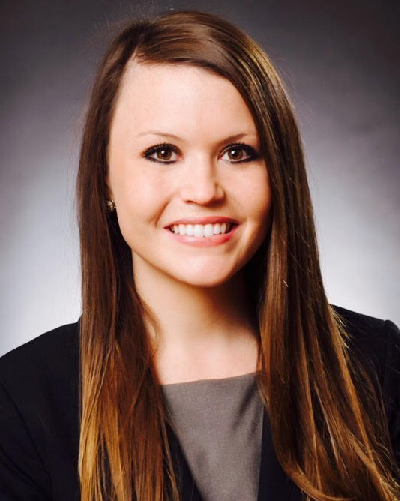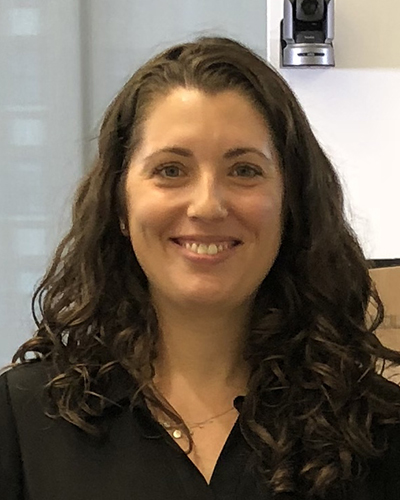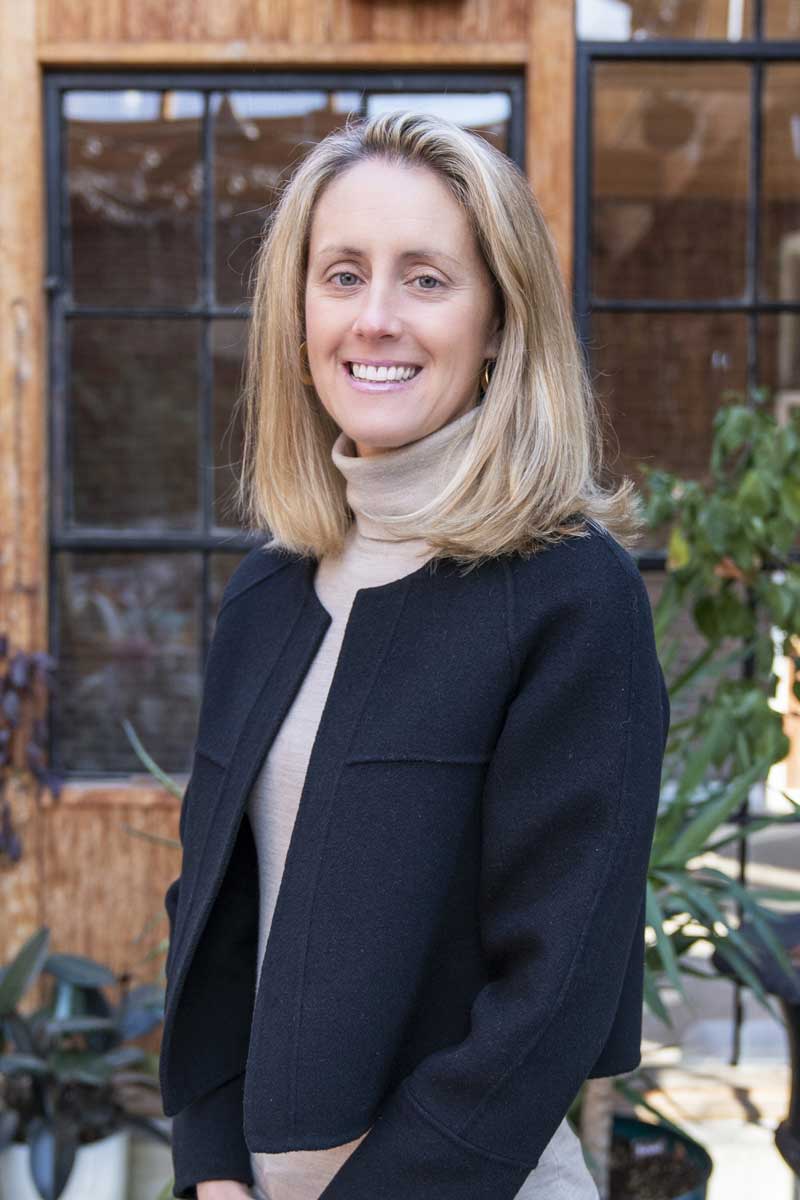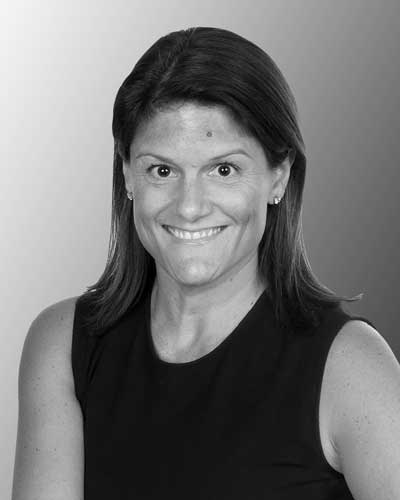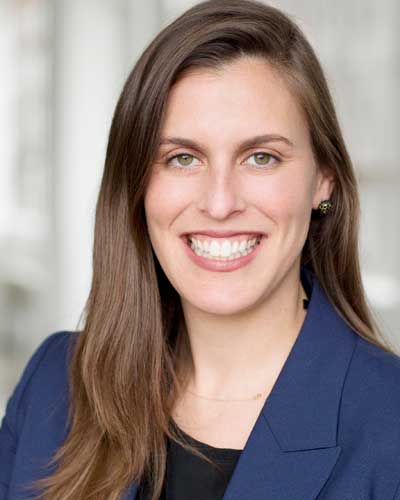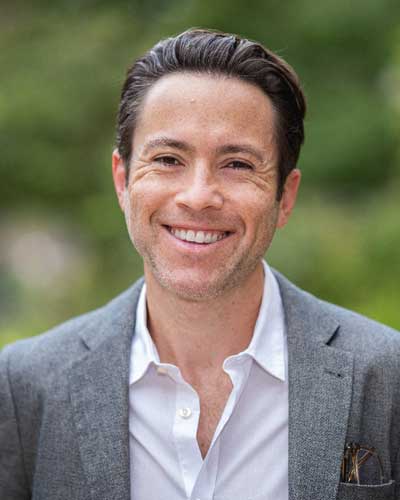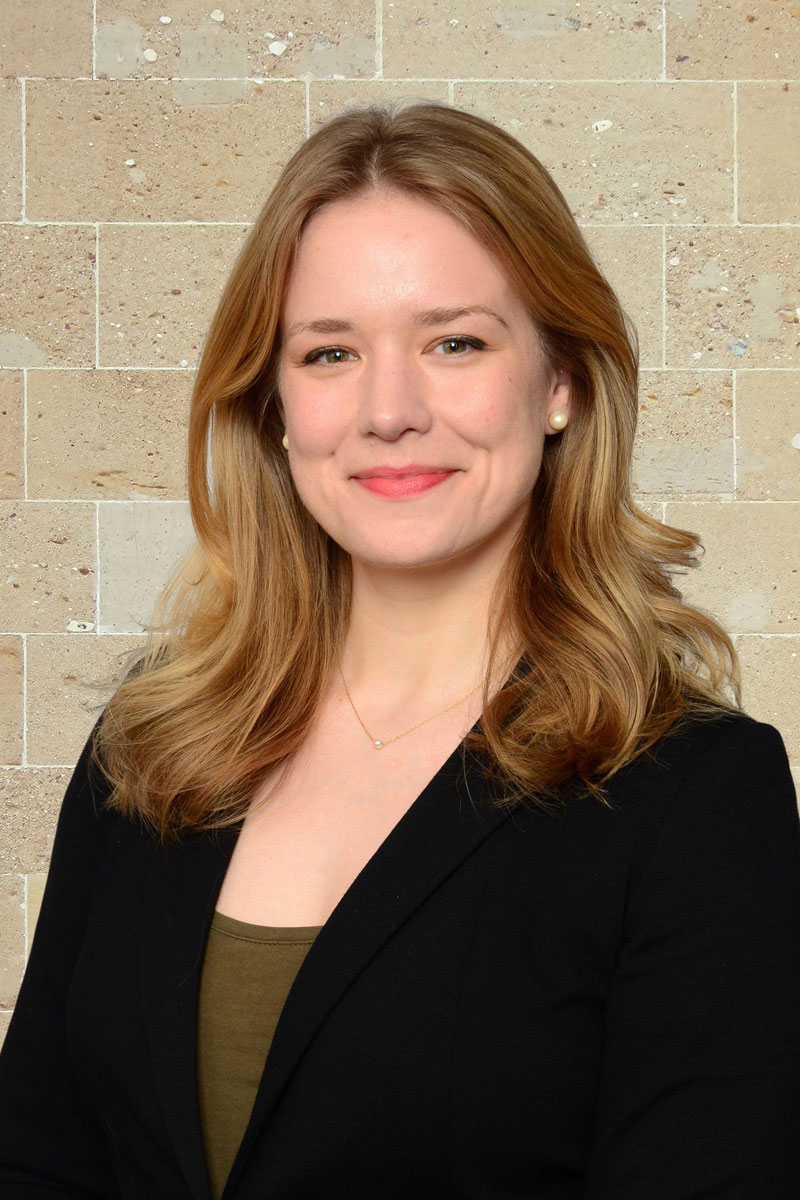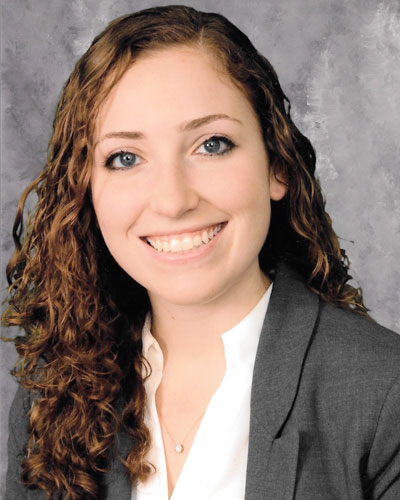Patty Berger is a tireless advocate for people reentering their communities post-incarceration, as well as a long-time friend and mentor of Missouri Appleseed’s criminal legal work. She is President of the St. Louis chapter of All of Us or None.
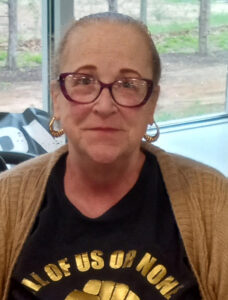 Having Medicaid can be the first step toward rebuilding a life that has been disrupted. As a society, most of us believe in giving folks a second chance. Without the support and resources that a person may need upon release, they will certainly fail.
Having Medicaid can be the first step toward rebuilding a life that has been disrupted. As a society, most of us believe in giving folks a second chance. Without the support and resources that a person may need upon release, they will certainly fail.
As a formerly incarcerated woman, I see having health insurance upon release from confinement as a helpful tool to staying out of jail. Most people who find themselves in jail for a period of time are there because they lack resources and/or the money to post bond. If they were employed before being arrested, more than likely they no longer are. Unless this has happened to you or someone you know, it is hard to comprehend that someone could lose their job, their home, their children and their life because they are in jail.
The intersection between incarceration, families and poor health cannot be denied. Many incarcerated people suffer from untreated mental and physical illnesses. Therefore, the jails are usually the place where the individuals need for help is apparent. It is there that people are most vulnerable and receiving health care sometimes for the first time in many years. It would be remiss of us to deny them a continuum of care upon release.
If people have to wait to apply for Medicaid until their release, it can take several months to receive approval and an insurance card. I have to say applying while incarcerated is a good use of their time.
Coming out of jail with Medicaid allows people to have the dignity of health insurance. They have immediate access to physicians and medications. They can continue mental health treatment, including substance use disorders. We can all benefit by giving this population the resources they most need.
Patty Berger, President
All of Us or None-St. Louis Chapter

